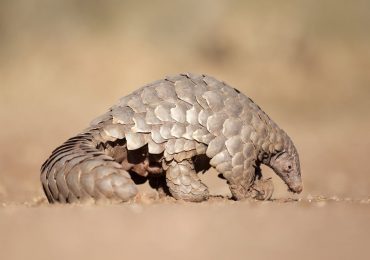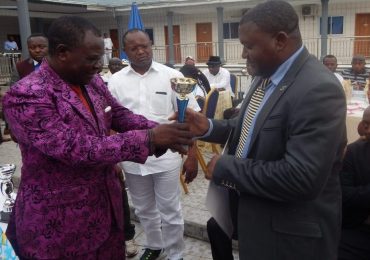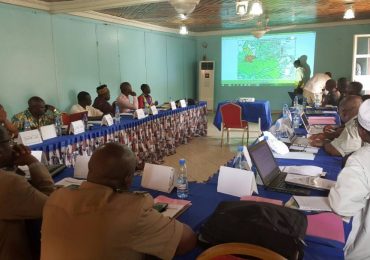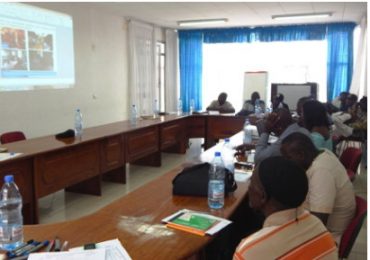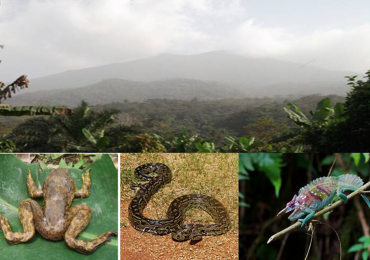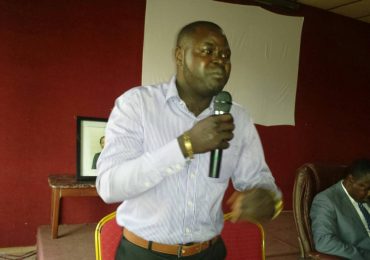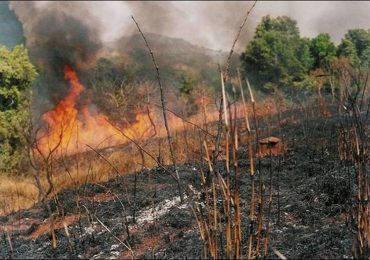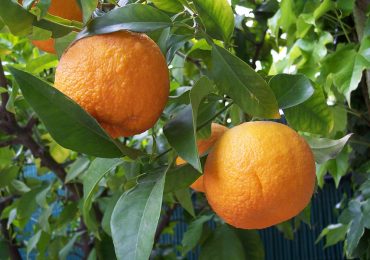Communities within the Lebialem Highland Conservation Complex have been testifying the goodness of industrial oil mills installed by the Environment and Rural Development Foundation (ERuDeF) and partners between2011 and 2013.
In the Besali community in Tofala, the life of the people has not been the same since the installation of a 1.8 tons daily processing oil mill in December 2011.
“The livelihood of Besali inhabitants is greatly improving. If you conduct a survey in this community, you will discover many households now have small solar lighting systems thanks to income generated from oil production” said Tankoh Sedoine, a student of GHS Besali.
She revealed that since the installation of the oil mill, the stress and time usually wasted in carrying water to the traditional oil mill, smashing of palm nuts etc., have reduced and they now have enough time to read and prepare for class exams.
Meanwhile the attention of her community members is gradually drifting away from the forest to the community.
“My father is no longer interested in hunting. My friends, Community members and I, have diverted to raising young palms and harvesting nuts for the mill than going to the forest to harvest other stuff” Ms Tankoh added
She professed her desire to see the biodiversity of the area conserved.
“I know that if Gorillas and Chimpanzees in the Tofala forest are conserved, volunteers and eco-tourists will chose Tofala as their new tourist destination and my people will get jobs as potters and guides”Ms Tankoh said.
The people of Bechati are also reaping the benefits of 2 tons capacity oil mill installed in their community in 2013
“The coming of this oil mill has freed my community from head load…, carrying nuts from Abai to the local mill behind our house is now history.” testified Jong Cecilia, a Bechati inhabitant.
He added that thanks to proceeds from oil production her father can pay her fees, buy books and other school and basic needs.
Income generated from oil production has also helped in increasing the number of modern houses in this community.
“Many people have constructed good homes in Bechati; well cemented with quality chairs and musical instruments. All these are dominantly possible thanks to the palm oil project. What a change!” Miss Jong exclaimed.
It is a similar story among other communities in the Mak-Betchou area.
Forchap Aiphueand, an indigene of Essoh-Attah where a 2.0 tons daily processing oil mill was installed in 2013, said many hunters in his community have dropped their weapons and set up palm farms thanks to the oil mill.
“With the installation of the oil mill in this area and the provision of ready market by ERuDeF, palm farming has proven to be more lucrative than hunting and trapping. For instance, many youths engaged in palm oil production, have used their proceeds to set up small scale businesses for themselves and their family thanks to this oil mill in my area” Mr Forchap said
ERuDeF Director of Livelihood and Economic Development, Mr Njom Ignatius, revealed many palm oil supply chain and Non Timber Forest Products including Kernel oil, soap processing, Njansang, bitter cola,bush mango,
have been envisaged to further improve the living standards of people adjacent to the Tofala Hill Wildlife Sanctuaries and the proposed Mak-Bechtou Wildlife Sanctuary.
“The oil mill support project has greatly reduced human impact on key biodiversity hotspots in this area. The introduction of NTFPs and palm oil supply chain, will further reduce it to the barest minimum” Mr Njom said
The Palm Oil Support Project for Cross River Gorilla conservation in the Lebialem Highlands Conservation Complex, is part of ERuDeF Livelihood and Economic Development Project.This project is aimed at improving the economic and social status of indigenous communities of Tofala, Mak-Betchou and the Mone East areas in order to enable them effectively support the long term conservation of biodiversity in these areas.
The project was carried out with the support of Tusk Trust, Man and Nature, and Trans-petrol Foundation.
ByNdimuh Bertrand &Tendongzi Peter



